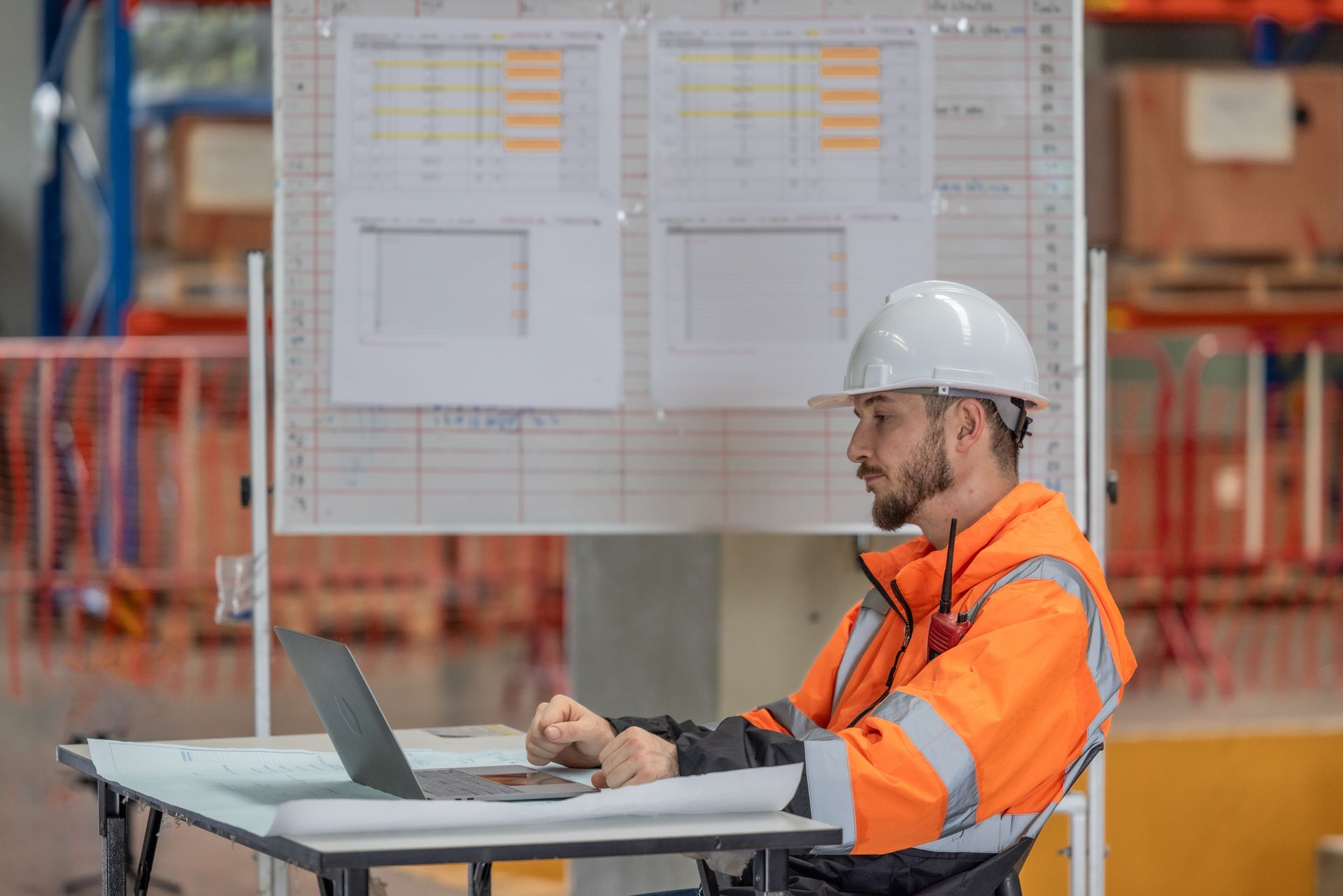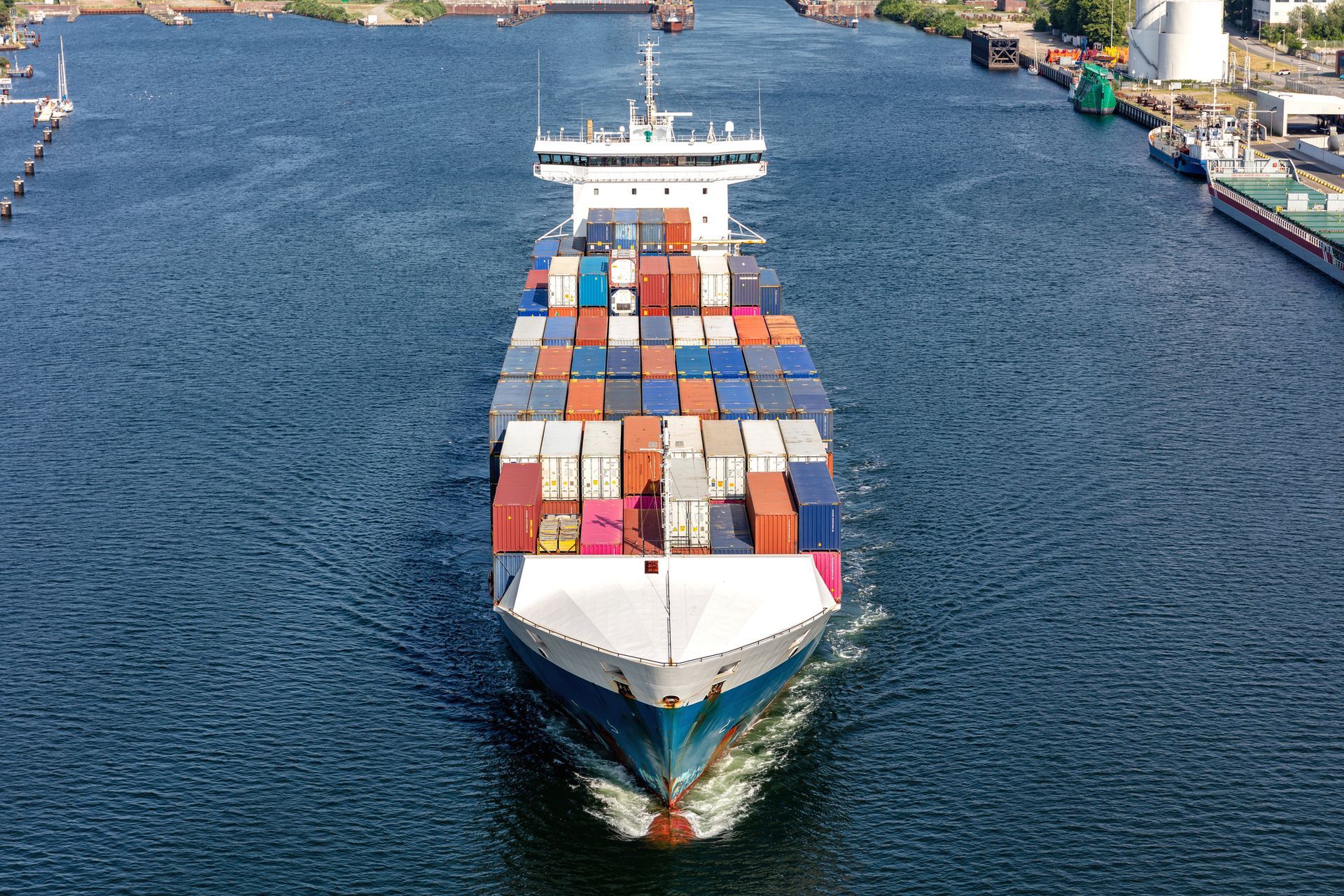
In the world of air freight, export plays a key role, enabling goods to be shipped across borders to meet global demand.
While import is also an important process, in this article we will focus on export, as it involves greater complexity and requires the involvement of a specific agent, the neutral air freight consolidator, who plays a crucial role in the transportation of air freight.
Our aim is to show how a neutral air freight consolidator can assist in this process, facilitating and streamlining the export steps. Join us as we explore the steps and considerations involved in the air transportation of exported cargo.
How does export work in air transport?
Exporting by air transport works through a process that involves negotiation between the exporter and the importer. In order for the transport to be carried out, it is necessary to hire a neutral air cargo consolidator who will be responsible for the agency and coordination of the transport.
Below we detail how air exporting works:
1. Agency quote
The first step in this process is the freight forwarding quote. Customers, who may be freight forwarders or freight forwarders, search for a neutral air freight consolidator and provide relevant information, such as the quantity of the goods, the weight and the commodity.
Based on this information, the neutral air freight consolidator searches for airlines that operate on the specific desired route. At this point, local rates, freight and destination rates are taken into account to prepare the quote.
2. Acceptance of proposal
After the quote, the next step is for the client to accept the proposal. Once the proposal is accepted, the export process is carried out by the neutral air cargo consolidator's operational department.
3. Request for documents
The neutral air cargo consolidator's operational team then requests the documents required to complete the AWB (Air Way Bill), such as the invoice, packing list and other relevant documents.
In addition, the neutral air cargo consolidator approves the HAWB (House Airway Bill), i.e. the agent's bill of lading, together with the customer or the agent, depending on the direction of export and who is carrying out the shipment.
4. Collection of goods
After the documents have been approved, the neutral air cargo consolidator arranges with the exporter to collect the goods or deliver them directly to the airport. At the same time, the cargo is booked with the airline, thus ensuring that the space required for transportation is available.
What type of cargo can be exported by air?
Exporting by air transport encompasses a variety of cargo types, each with its own considerations and restrictions. Let’s explore some of the main types of cargo that can be exported by air.
Dangerous goods are an important category that can be shipped, provided that the regulations are followed. These cargoes include flammable, explosive, radioactive and other substances.
Documentation must be in compliance, with an identification sheet for the material and information on correct handling in case of eventualities. Packaging and transport conditions must follow the regulations of the International Air Transport Association (IATA).
Examples of dangerous goods transported by air include vaccines, batteries, aerosols and electrical equipment.
Perishable cargoes, due to their short life cycle and rapid deterioration, can be sent by air transport, provided that it is certain that they will arrive at their destination in good condition. These cargoes must be marked with a special label that identifies them as perishable goods.
Examples of perishable goods include flowers and certain types of food.
The shipment of live animals is subject to IATA regulations. These regulations assess the type of animal, the type of aircraft, the appropriate temperature, the animal's health status and whether it is pregnant. However, animals in poor health or pregnant are not accepted for travel.
Fragile products, such as glass, crystal, china and mirrors, can be sent by air transport, as long as they are adequately packaged to ensure their integrity during transport. It is important to note that many contracts have clauses for fines in the event of damage.
What happens when the cargo arrives at the airport?
When the cargo arrives at the airport, a series of procedures are carried out to ensure its correct routing and delivery. The process begins with clearance by the Federal Revenue Service, where the merchandise is subject to analysis and document verification.
After clearance, the documents relating to the cargo, such as the AWB (Air Way Bill), invoice, packing list, tax invoice and manifest, are delivered to the representative of the neutral air cargo consolidator at the airport.
The consolidator's representative is responsible for delivering these documents to the airline that has reserved space for the cargo. These documents are essential for recording and monitoring the shipment of the merchandise.
The consolidator then monitors the shipment of the cargo in accordance with what was provided for in the reservation. This involves ensuring that the merchandise is properly loaded onto the correct flight and that all stages of the transportation process are completed.
After shipment, the neutral air cargo consolidator continues to monitor the process and the arrival of the merchandise at its destination. This monitoring is essential to ensure that the cargo is delivered as planned and that any setbacks are resolved efficiently.
Upon completion of the transport, the consolidator carries out the process of invoicing the participants involved, such as the road carrier (if applicable) and the consolidator's agent at the destination.
This process depends on the contracted incoterm, which defines whether the freight payment is made at the origin (prepaid) or at the destination (collect). This definition is important so that credits and debits are properly addressed, ensuring the correct distribution of costs.
Finally, the neutral air cargo consolidator concludes the process with the commission and profit sharing, that is, the remuneration and distribution of profits agreed upon between the parties involved in the transport.
Count on a neutral consolidator for your export
Allink stands out as a neutral air cargo consolidator, offering specialized services to freight forwarders, customs brokers and customs agents.
Its position as an Air Cargo Group Member and IATA certification guarantees the safety and reliability of air cargo transportation. Neutrality is an intrinsic value of the company, which operates in the main airports in Brazil, providing a service focused on the segment.
With Allink, customers can count on a comprehensive and efficient solution for their air cargo transportation needs. Talk to Allink's experts to find out how a neutral consolidator can help your company in the export process.
Continue a navegar no blog da Allink

Mantenha-se informado sobre o comércio exterior
Assine nossa newsletter e receba atualizações semanais de forma gratuita sobre o mundo da logística.




